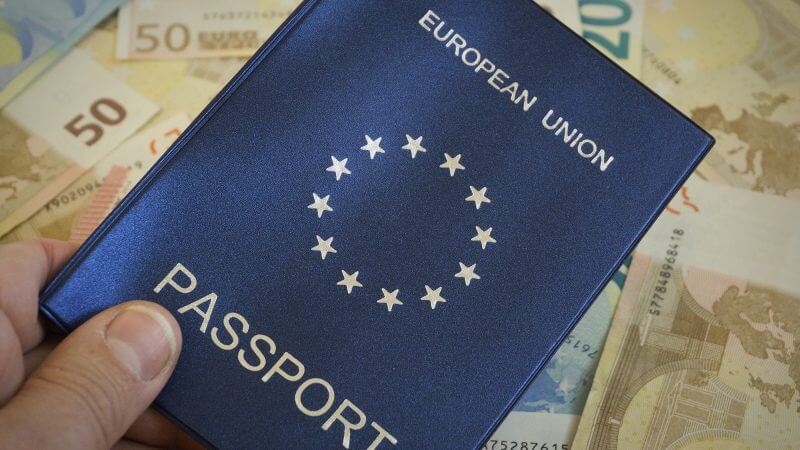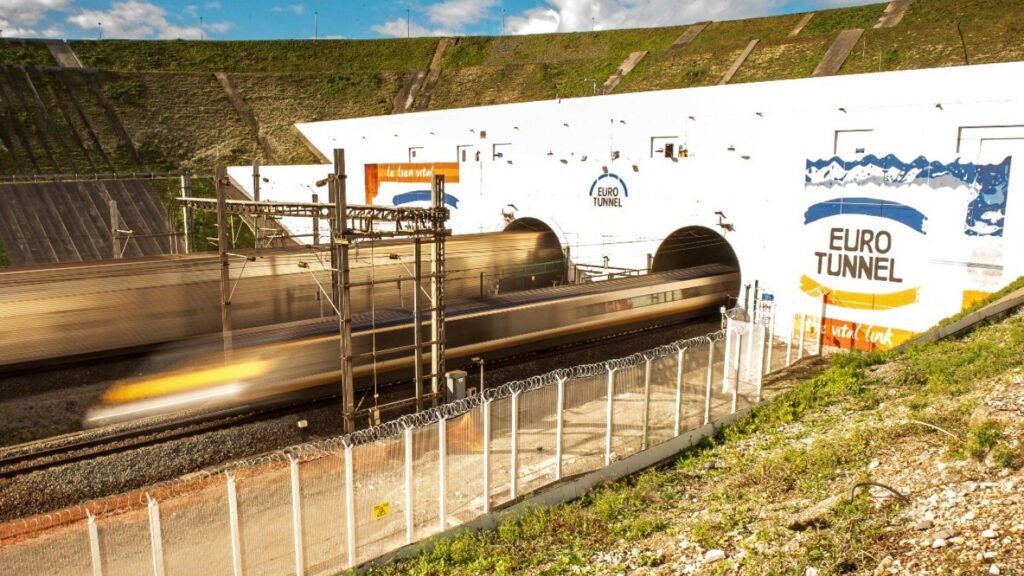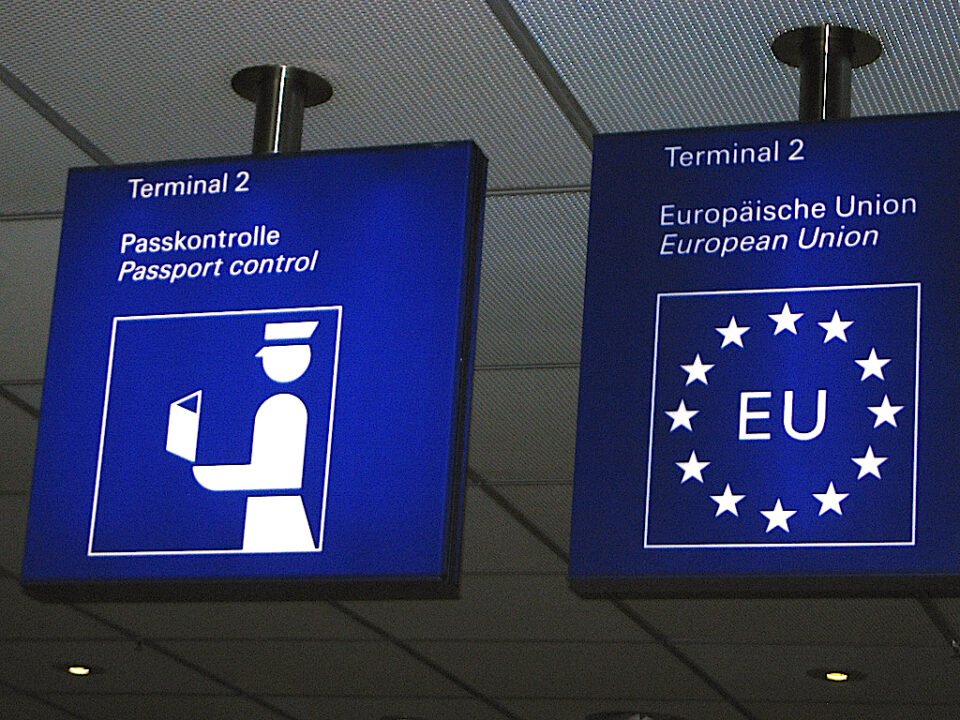The new European Travel Information and Authorization System (ETIAS), which was last reported to go live in May of this year, has been rumored to be coming out for a few years now. But according to CNN, the program’s launch has recently been postponed for a fourth time, with a new target start date of some time in 2024.
The digital pre-travel program was originally scheduled to launch in early 2022 after being announced by the European Commission in 2016 and becoming law in 2018. However, pandemic issues caused it to be postponed first to January 2023, then to May 2023, and, now, to an indeterminate date in 2024.
Because to the €7 processing fee, ETIAS has also been called a visa waiver program and an additional visitor fee when it was first announced. The best way to describe it is as a brand-new pre-screening and entry authorisation system, comparable to the US ESTA and the Canadian eTA. Only citizens of “third countries” (nations outside the European Union) who now travel without a visa to the EU and the larger Schengen area will be affected.
Beginning sometime in 2019, visa-free visitors entering the EU for transit, business, or tourism will need to present an authorized ETIAS entry waiver. This document, which is valid for three years, allows entry and travel inside the EU for 90 days in any 180-day period. The processing price for travelers is €7 (now $7.43), which is actually quite affordable when compared to the US ESTA fee of $21 for two years.

ETIAS was developed by the European Commission with the goal of enhancing security within the bloc by gathering information on visitors from 59 of the 62 nations that do not require visas to enter the region. This is because the number of visitors has dramatically increased in recent years. Its objectives include enhancing border security against rising terrorist attacks and abuses of visa-free policies related to migration, acting as both a general surveillance system and a disincentive to potential offenders.
One of its other goals is to speed up entrance at the border, reduce wait times, and simplify border management so that border security staff can screen travelers more effectively upon arrival and departure from E.U. member countries.
According to etias.com, factors contributing to the launch of ETIAS’ delay likely include ongoing setbacks associated with COVID-19’s disruption of the travel industry as well as funding issues for the numerous airports, ports, rail stations, and land crossings throughout the bloc that presently lack the necessary infrastructure to handle the kind of data capture the new system requires.
According to the website, concerns have been raised by Eurostar, Eurotunnel, and other operators and service providers regarding their incapacity to collect facial and fingerprint data for ETIAS.

In order for the vast network of required databases and software applications to be integrated and the system to function properly, it is also necessary to take into consideration the need for an advanced technological infrastructure that will need to be installed and fully operational at all air, rail, land, and sea border crossings throughout Europe.




